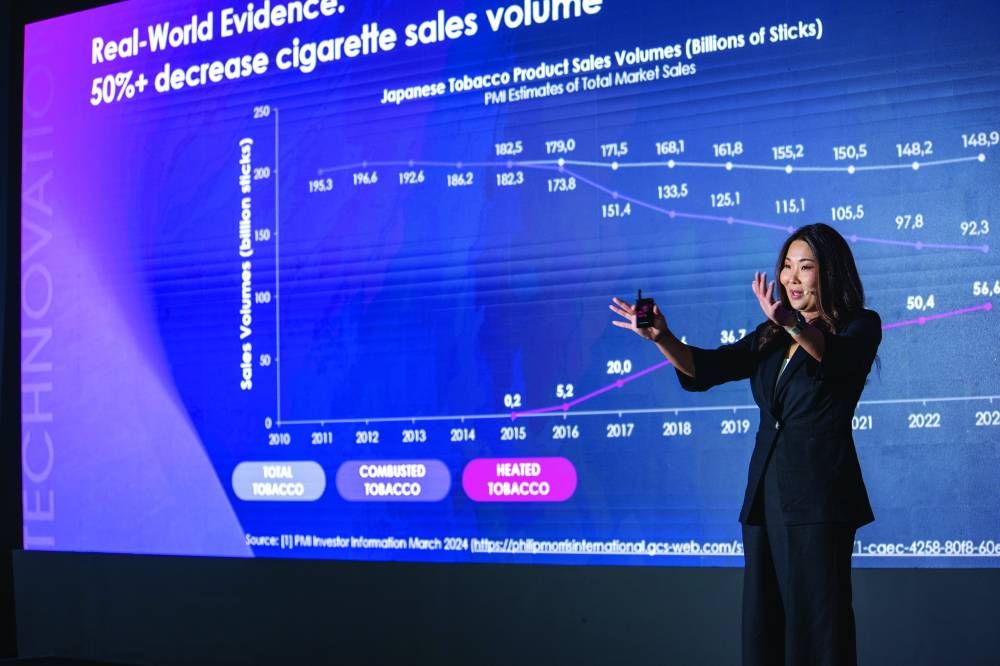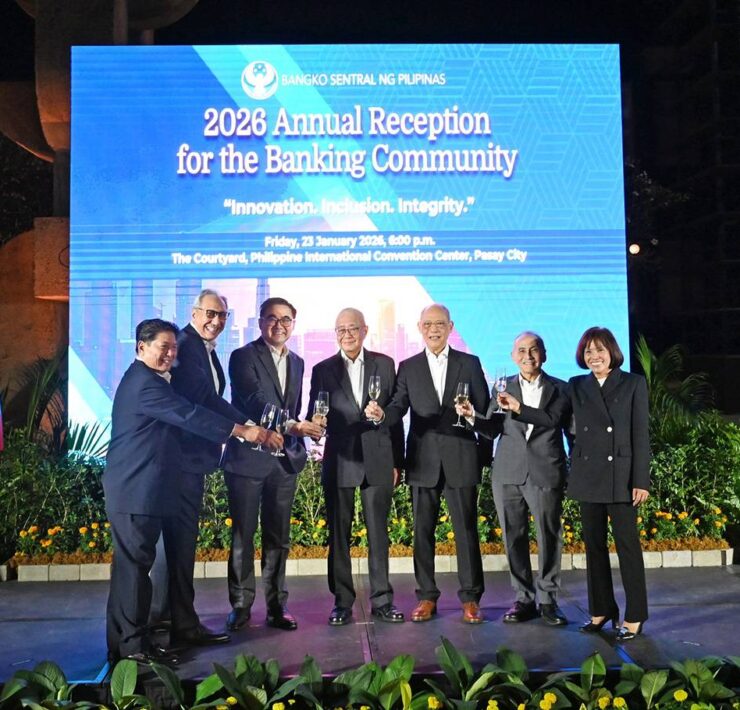‘Sin’ business: Can PH follow Sweden and Japan in curbing smoking?

JAKARTA, Indonesia—With Sweden becoming the world’s first smoke-free country and Japan rapidly cutting smoking rates, is the Philippines ready to follow suit?
Tobacco harm reduction advocates say there’s reason for optimism following the enactment of a landmark law regulating smoke-free alternatives like vapes, heated tobacco and other novel products. But critics warn it doesn’t go far enough and may be creating a new problem instead.
Some groups point to loopholes and weak enforcement that have allowed these addictive products to slip into the hands of young Filipinos, fueling what some now call a rising “vapedemic.” This, they say, is breeding a new generation of nicotine users rather than reducing tobacco-related harm.
For this reason, Tomoko Iida, director of scientific engagement at Philip Morris International (PMI), stresses the urgent need for stricter enforcement, not only to protect young people, but to reduce tobacco-related harm and move the Philippines closer to becoming smoke-free.
After all, tougher implementation is what enabled countries like Sweden and Japan to make meaningful progress in cutting smoking rates, Iida notes.
“We really need to collaborate with the government, and the government should have proper regulation and law enforcement,” she tells journalists on the sidelines of PMI’s Technovation forum in Jakarta.
“Law enforcement is important because you could have regulation, but if you don’t enforce it, people could still violate it,” she adds.
There is progress to build on.
The latest Global Adult Tobacco Survey, led by the World Health Organization, shows a significant drop in tobacco use among Filipino adults—from 29.7 percent in 2009 to 23.8 percent in 2015, and further down to 19.5 percent in 2021. This marks a 34.4-percent decline over a 12-year period.
However, the data also reveal a concerning trend.
The proportion of adult smokers who expressed interest in quitting dropped significantly from 76.7 percent in 2015 to 63.7 percent in 2021. Similarly, the percentage of those who attempted to quit in the past 12 months fell from 52.2 percent to 45.5 percent over the same period.
This is where companies like PMI see an opportunity to step in.
With its ambition to become a majority smoke-free company by 2030, PMI aims to offer adult smokers who can’t or won’t quit a less harmful alternative to cigarettes. As of the first quarter of 2025, smoke-free products contributed around 42 percent to PMI’s total revenue.
Not risk-free
And the company is framing its message as a public health contribution: “If you don’t smoke, don’t start. If you smoke, quit. If you can’t quit, change to a smoke-free product.”
Still, PMI is quick to acknowledge that these alternatives are not risk-free, as they still contain nicotine, which is addictive and can be very harmful to reproductive and developmental health.
Nonetheless, PMI maintains that heated tobacco products like its iQOS device are less harmful than conventional cigarettes because they eliminate combustion—the process responsible for producing many of the harmful chemicals found in smoke.
But for that shift to succeed, Iida says, two key challenges must be addressed: weak enforcement and widespread misinformation. If these challenges are addressed, she believes the Philippines could transition to smoke-free status in as little as “five, six, seven years.”
“So, you have availability and accessibility of products. But when consumers are misinformed that this is not a better alternative, then it’s harder for them to switch, right? So, these things have to be accurately communicated so that the Filipino smokers have the right information and they are able to make a better choice for themselves,” Iida says.
“As the switching gets accelerated, and more people learn accurate information, and they have a right to access and switch, we will see that decline [in smoking rates in the Philippines] much faster, like in other countries,” she adds.





















